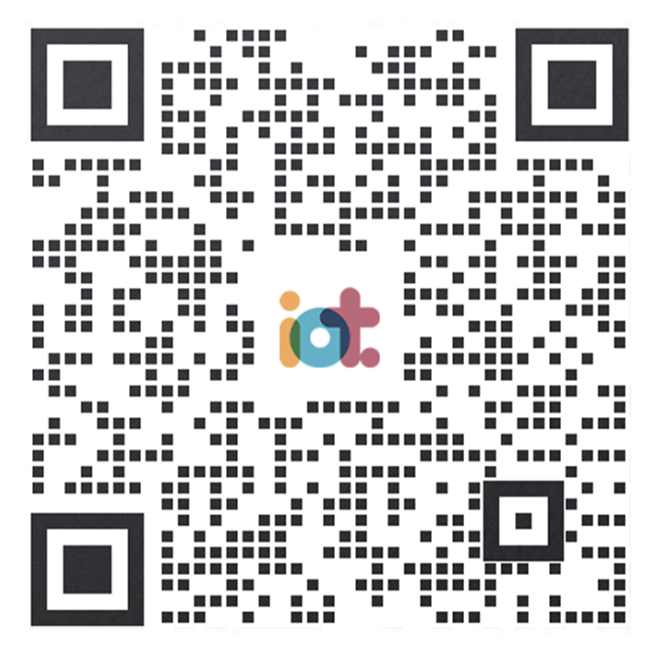
雅思高频词汇:Travel planning
以下是一些用于描述和讨论旅行规划的各个方面的雅思词汇。在口语考试中,适当地运用这些词汇可以展示你的词汇量和语言能力,同时提供具体和细致的信息和理由可以提升你的回答质量。在使用这些词汇时,还要注意正确的发音和用法,以确保语言的准确性和流利性。
Itinerary:
- Definition: A detailed plan or schedule of a journey, including dates, times, and activities.
Destination:
- Definition: The place to which someone is traveling or where a journey is intended to end.
Accommodation:
- Definition: A place where travelers can stay, such as a hotel, hostel, or vacation rental.
Transportation:
- Definition: The means of travel used to get from one place to another, such as planes, trains, buses, or rental cars.
Flight:
- Definition: A journey made through the air, typically using an airplane.
Hotel Reservation:
- Definition: Booking a room or accommodation in advance at a hotel.
Check-in:
- Definition: The process of arriving at a hotel or accommodation and registering as a guest.
Check-out:
- Definition: The process of departing from a hotel or accommodation after settling the bill and returning the room key.
Travel Insurance:
- Definition: Insurance that provides coverage for unexpected events, such as trip cancellations, medical emergencies, or lost luggage, during travel.
Visa:
- Definition: An official document or endorsement stamped in a passport that allows a person to enter, stay, or leave a particular country.
Passport:
- Definition: An official government document that identifies a person and allows them to travel internationally.
Currency Exchange:
- Definition: The process of converting one country's currency into another for financial transactions during travel.
Travel Budget:
- Definition: A financial plan that outlines estimated expenses for a trip, including accommodation, food, transportation, and activities.
Travel Guidebook:
- Definition: A book that provides information and recommendations about a destination, including attractions, restaurants, and local customs.
Local Cuisine:
- Definition: The traditional food and dishes of a specific region or country that travelers may try during their trip.
Sightseeing:
- Definition: The activity of visiting famous or interesting places and landmarks in a destination.
Cultural Activities:
- Definition: Events and experiences that allow travelers to engage with the local culture, such as attending festivals, museums, or art galleries.
Tourist Attractions:
- Definition: Popular places or sites that draw visitors due to their historical, cultural, or natural significance.
Travel Documents:
- Definition: Essential paperwork required for travel, including passports, visas, and travel insurance.
Travel Agent:
- Definition: A professional who assists travelers in planning and booking their trips, providing advice and arranging transportation and accommodation.
Travel Advisory:
- Definition: Official advice issued by governments or authorities about the safety and security of traveling to specific destinations.
Travel Restrictions:
- Definition: Rules and regulations that limit or control travel to certain places, often in response to emergencies or health concerns.
Itinerary Changes:
- Definition: Modifications or adjustments made to a travel plan due to unforeseen circumstances.
Local Transportation:
- Definition: Modes of transportation used within a destination, such as buses, taxis, or subway systems.
Luggage:
- Definition: Suitcases, bags, and containers used to carry personal belongings during a trip.
Packing List:
- Definition: A checklist of essential items to pack for a trip, including clothing, toiletries, and travel documents.
Travel Adapters:
- Definition: Devices used to convert electrical outlets and plugs to match the voltage and socket type of a specific country.
Travel Apps:
- Definition: Mobile applications that provide useful information, booking services, or travel tips for travelers.
Travel Rewards Program:
- Definition: Loyalty programs offered by airlines, hotels, or credit cards that provide benefits, discounts, or points for frequent travelers.
Souvenirs:
- Definition: Items or mementos purchased as keepsakes or gifts to remember a trip or destination.
Cultural Etiquette:
- Definition: The customary behavior and manners expected in a specific culture or country.
Travel Etiquette:
- Definition: The polite and respectful behavior expected of travelers, such as being mindful of local customs and rules.
Emergency Contact Information:
- Definition: Important phone numbers and contact details to use in case of emergencies during the trip.
Travel Photography:
- Definition: The act of capturing photographs while traveling to document the journey and experiences.
Solo Travel:
- Definition: Traveling alone without companions or a group.
这些词汇可以帮助你描述和讨论旅行规划的各个方面,例如预算、行程安排、住宿和交通方式等。在表达时,要注意使用适当的时态和语法结构,以及流利地使用这些词汇来展示你的词汇量和语言能力。同时,通过提供具体的细节和理由来支持你的观点,可以进一步提高你的口语表达质量。






















有话要说:
The first pie chart shows the percentage of housing owned and rented in the UK in 2007 and second pie chart shows the same for the year 1991.
There has been a drastic increase in number of houses in UK from 22 million homes in 1991 to 27 million homes in 2007. In the pie charts, the mode of procurement of homes is categorised into four types, they are home ownership, social renting, private renting and social housing.
Home ownership accounted for major share of the pie in both years and social housing got the least share in both years. There was a considerable increase in home ownership from 1991 to 2007 and the percentage of homes under social renting and social housing were halved in 2007 from 1991 figures. However, the percentage of people living under private renting remained same in both years.
Overall, more people have moved to owning a house than living under social renting and social housing which indicates that economic status of people living in UK has improved over the years.
It is true that in some countries people spend long hours at work and it happens for several reasons including development of economy, market competition, maximisation of individual wealth, etc. I feel that there are both positive and negative ways of looking at this. However, the negatives outweigh the positives.
People work for long hours in order to achieve great things in life. Long hours of work has helped people to become billionaires. People like Jeff bezos, Jack ma, Elon Musk and Gary Vee have spent most of their waking hours working. In fact, there was a time when Elon Musk used to sleep for just one hour a day and that hard work has paid off. He is one of the most richest people on Earth. It is fine for people living in developed countries to work less, but people in developing countries like India, China and Brazil, work for longer hours in order to survive. The companies in these economies want to work longer to dominate the market and to have an edge over their competitors because of the universal rule, who works more, achieves more.
However, it is unfair that people have to work this hard and long. Why do we live? People these days are born to work until they die. Is this how the system is supposed to be? I don't think so. People must be able to spend time with their family and friends which is becoming uncommon these days. Even entrepreneurs like Elon Musk have said that people should not work this hard. It is not true that people who work less don't succeed. Take examples of countries like Norway, Denmark and Netherlands where people work for lesser hours and still enjoy life as good as people who work for longer hours in countries like India and China.
In conclusion, I would like to say that people should not keep working for major time of their lives. They must spend time with their loved ones more than they spend time at office. In fact, recent studies have shown that people who work for several hours together are less productive.
Mock test 2020 July
IELTS mock test
https://ieltsonlinetests.com/wot/result/writing-practice-test-1-640937
Pls evaluate my task and give back yours.
This is nice!
https://ieltsonlinetests.com/wot/result/writing-practice-test-6-576781
any one please review my writing
Could you please evaluate my essays and also mention errors if possible!
https://ieltsonlinetests.com/wot/result/writing-practice-test-1-389526
I think its really helpful for me to score a higher band
Hoping better
I'm looking for Ilets I want online exam this is possible please tell me
In today's society everything needs to be done as fast as possible with good quality. Many people choose to work long hours because of a few reasons. It can be because of supporting their family's needs, getting higher position in the company they work for or the need of being busy all the time. Reasons for that can be differentWe for everybody. There are good and bad sides of that and some of them will be shown in this paper.
What we know is that with hard work and many hours in the office or our work place we can earn better position with higher payment. With that comes more responsibilities but more benefits as well. We are able to afford more trips, own a home, provide better life for our children and live a life with less worries. It can motivate us and to give us passion about our work. Depending on the job we do it can make us feel good about ourselves and to help the people around us. For example working for NGO as Green peace it helps many people and our planet. However there are many good and bad sides of working more than our usual hours.
The negative side it can be bad mental health, often feeling tired and with less energy at home. Partners can split or divorce because of too much ambition at work and less time spend together. If the expectations after many working hours are not met then the person would be disappointed and out of inspiration. That would affect everyone around us and it can lead to the use of alcohol or other addictive things.
Overall we have to find the balance between healthy working hours and free time. Ambition is never a bad quality to have unless it gets dangerous for us. It can take us far or change our lives in bad direction.